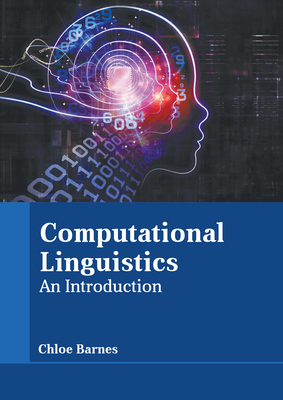Abstractive Text Summarization: Enhancing Sequence-to-Sequence Models Using Word Sense Disambiguation and Semantic Content Generalization
IF 5.3
2区 计算机科学
Q2 COMPUTER SCIENCE, ARTIFICIAL INTELLIGENCE
引用次数: 17
Abstract
Abstract Nowadays, most research conducted in the field of abstractive text summarization focuses on neural-based models alone, without considering their combination with knowledge-based approaches that could further enhance their efficiency. In this direction, this work presents a novel framework that combines sequence-to-sequence neural-based text summarization along with structure and semantic-based methodologies. The proposed framework is capable of dealing with the problem of out-of-vocabulary or rare words, improving the performance of the deep learning models. The overall methodology is based on a well-defined theoretical model of knowledge-based content generalization and deep learning predictions for generating abstractive summaries. The framework is composed of three key elements: (i) a pre-processing task, (ii) a machine learning methodology, and (iii) a post-processing task. The pre-processing task is a knowledge-based approach, based on ontological knowledge resources, word sense disambiguation, and named entity recognition, along with content generalization, that transforms ordinary text into a generalized form. A deep learning model of attentive encoder-decoder architecture, which is expanded to enable a coping and coverage mechanism, as well as reinforcement learning and transformer-based architectures, is trained on a generalized version of text-summary pairs, learning to predict summaries in a generalized form. The post-processing task utilizes knowledge resources, word embeddings, word sense disambiguation, and heuristic algorithms based on text similarity methods in order to transform the generalized version of a predicted summary to a final, human-readable form. An extensive experimental procedure on three popular data sets evaluates key aspects of the proposed framework, while the obtained results exhibit promising performance, validating the robustness of the proposed approach.抽象文本摘要:利用词义消歧和语义内容泛化增强序列到序列模型
摘要如今,在抽象文本摘要领域进行的大多数研究都只关注基于神经的模型,而没有考虑它们与基于知识的方法的结合,这可以进一步提高它们的效率。在这个方向上,这项工作提出了一个新的框架,将基于序列到序列的神经文本摘要与基于结构和语义的方法相结合。所提出的框架能够处理词汇不足或生僻词的问题,提高深度学习模型的性能。总体方法基于一个定义良好的基于知识的内容概括和深度学习预测的理论模型,用于生成抽象摘要。该框架由三个关键元素组成:(i)预处理任务,(ii)机器学习方法,以及(iii)后处理任务。预处理任务是一种基于知识的方法,基于本体论知识资源、词义消歧、命名实体识别以及内容泛化,将普通文本转换为广义形式,以及强化学习和基于转换器的架构,在广义版本的文本摘要对上进行训练,学习以广义形式预测摘要。后处理任务利用知识资源、单词嵌入、词义消歧,以及基于文本相似性方法的启发式算法,以便将预测摘要的广义版本转换为最终的人类可读形式。在三个流行数据集上进行的广泛实验程序评估了所提出框架的关键方面,而获得的结果显示出有希望的性能,验证了所提出方法的稳健性。
本文章由计算机程序翻译,如有差异,请以英文原文为准。
求助全文
约1分钟内获得全文
求助全文
来源期刊

Computational Linguistics
工程技术-计算机:跨学科应用
CiteScore
15.80
自引率
0.00%
发文量
45
审稿时长
>12 weeks
期刊介绍:
Computational Linguistics, the longest-running publication dedicated solely to the computational and mathematical aspects of language and the design of natural language processing systems, provides university and industry linguists, computational linguists, AI and machine learning researchers, cognitive scientists, speech specialists, and philosophers with the latest insights into the computational aspects of language research.
 求助内容:
求助内容: 应助结果提醒方式:
应助结果提醒方式:


